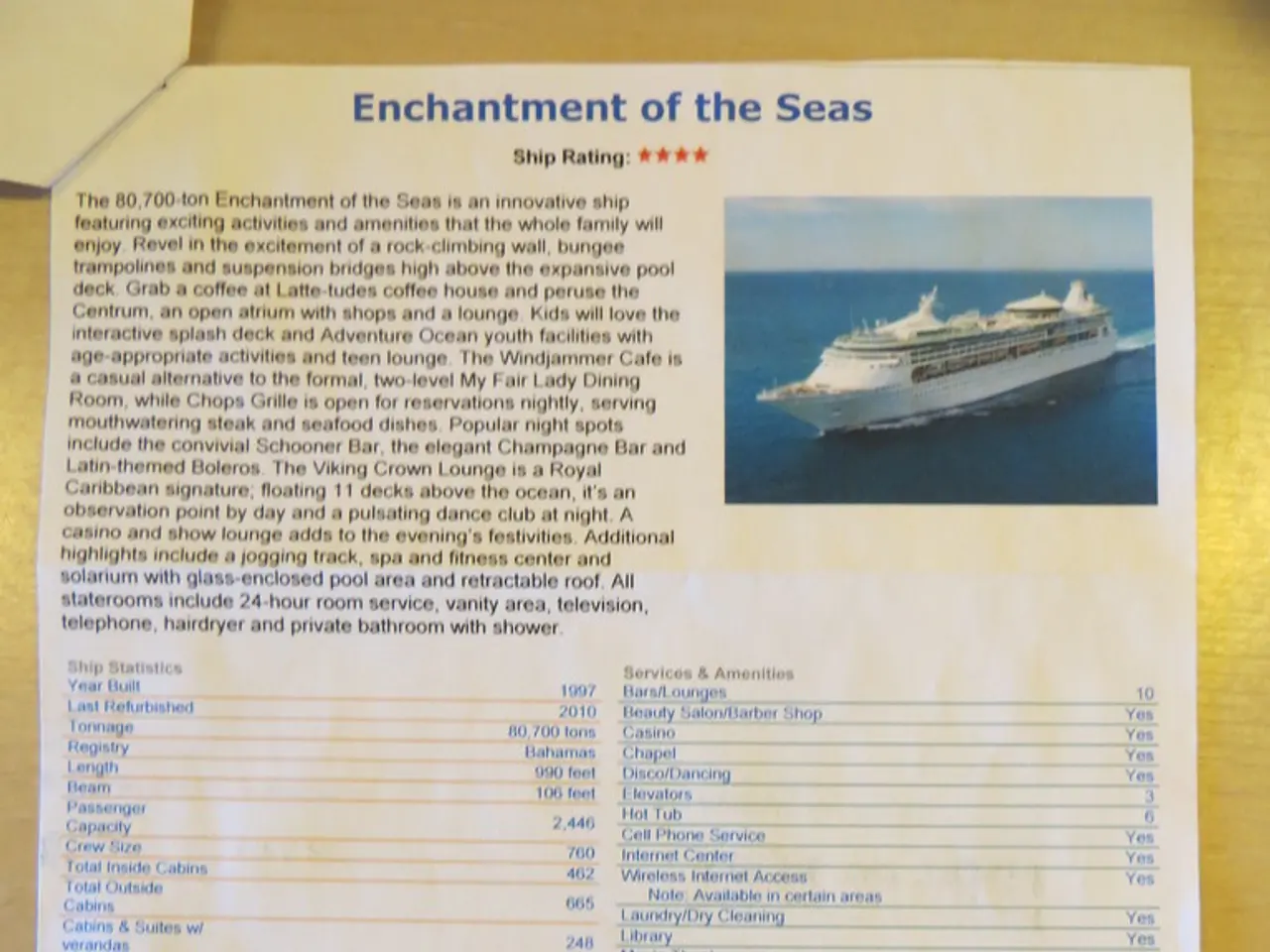Response:
Canada's Marine Spatial Data Infrastructure (MSDI): A Tool for Sustainable Marine Management
The Government of Canada is developing and adopting new standards to integrate data and metadata in modern system designs, aligning with international standards from the International Standard Organization (ISO), Open Geospatial Consortium (OGC), Canada's Geospatial Data Infrastructure (CGDI), IHO, and International Maritime Organization (IMO). At the heart of this initiative is the Canadian MSDI, a crucial infrastructure that addresses complex marine and coastal challenges.
Key Objectives of Marine Spatial Data Infrastructure (MSDI)
The MSDI aims to collect, organize, and integrate various types of marine data, including environmental, economic, and social data, to provide a comprehensive view of marine ecosystems and human activities. It supports decision-making processes for sustainable marine management by providing accessible, accurate, and up-to-date data to stakeholders. Furthermore, MSDI facilitates collaboration among government agencies, research institutions, industries, and communities to ensure that marine management decisions are informed by diverse perspectives.
Features of MSDI
The MSDI promotes open access to marine data, facilitating research and policy development. It utilizes geospatial analysis to visualize and analyze data, helping in identifying areas of high conservation value or potential conflict zones. The infrastructure also includes data from remote sensing, in situ monitoring, and other sources to provide a holistic view of marine ecosystems.
Contribution to Sustainable Marine Management
The MSDI supports the development of policies and management plans that balance economic, social, and environmental needs. It encourages an ecosystem-based approach by considering the interconnectedness of marine ecosystems and the impacts of human activities. The infrastructure also provides tools for monitoring changes in marine ecosystems and assessing the effectiveness of management strategies.
Integration of Indigenous Knowledge
The MSDI incorporates traditional ecological knowledge and cultural values of Indigenous communities into marine management decisions. It fosters partnerships with Indigenous peoples to ensure their perspectives are integrated into decision-making processes, enhancing the legitimacy and effectiveness of marine management efforts. The infrastructure also supports the development of Indigenous capacity in marine data collection, analysis, and management, ensuring that their knowledge is respected and utilized effectively.
Initiatives like the Aquaculture Coastal Classification System and the National Elevation Data Strategy demonstrate a commitment to integrated data management and collaboration, which could be aligned with or inform the goals of a marine spatial data infrastructure. The Canadian MSDI is a harmonized infrastructure that facilitates access to data related to marine geospatial information.
The MSDI continues to evolve and mature, with ongoing efforts to collaborate not only within Canada but on an international level. The main goal of the Canadian MSDI is to provide targeted, value-added applications using marine data to support evidence-based analysis, decision making, and data dissemination. The Canadian MSDI is a critical resource for government agencies, researchers, environmental organizations, indigenous partners, and industries, providing authoritative, accurate, and accessible geospatial data and metadata pertaining to marine and coastal regions.
- In alignment with international standards, the Government of Canada's Marine Spatial Data Infrastructure (MSDI) is a tool for sustainable marine management that follows standards from organizations like the ISO, OGC, CGDI, IHO, and IMO.
- The MSDI, a critical resource, integrates various types of marine data such as environmental, economic, and social data, and supports science and environmental-science research by providing a comprehensive view of marine ecosystems and human activities.
- As technology advances, data-and-cloud-computing plays a significant role in the MSDI, allowing for collaboration among government agencies, research institutions, industries, and communities, and facilitating open access to marine data for policy-and-legislation and general-news purposes.
- The MSDI also incorporates indigenous knowledge and cultural values, fostering partnerships with Indigenous peoples to ensure their perspectives are integrated into decision-making processes, contributing to sustainable marine management and better balancing economic, social, and environmental needs.




